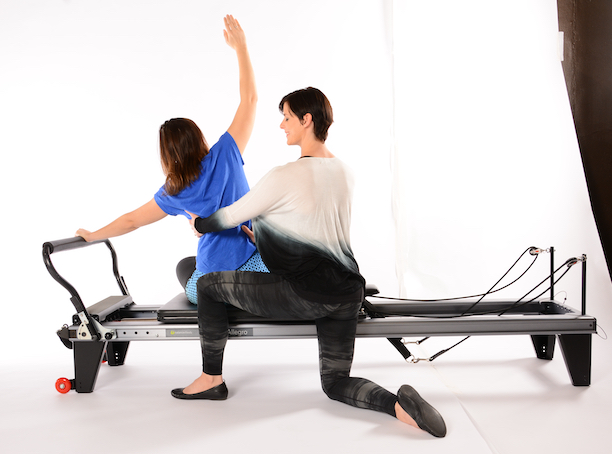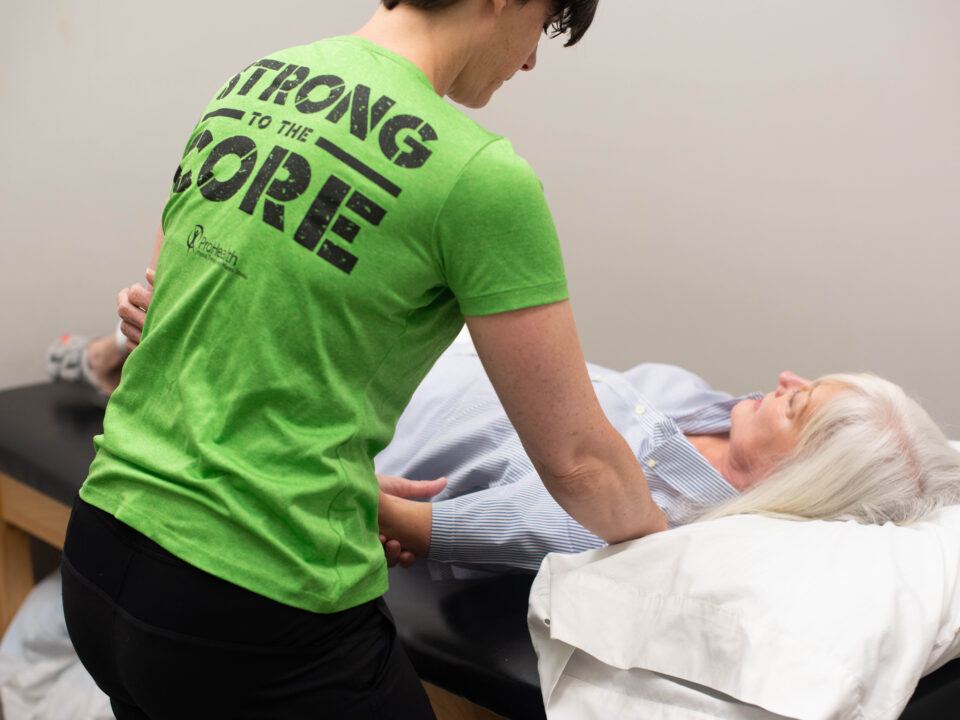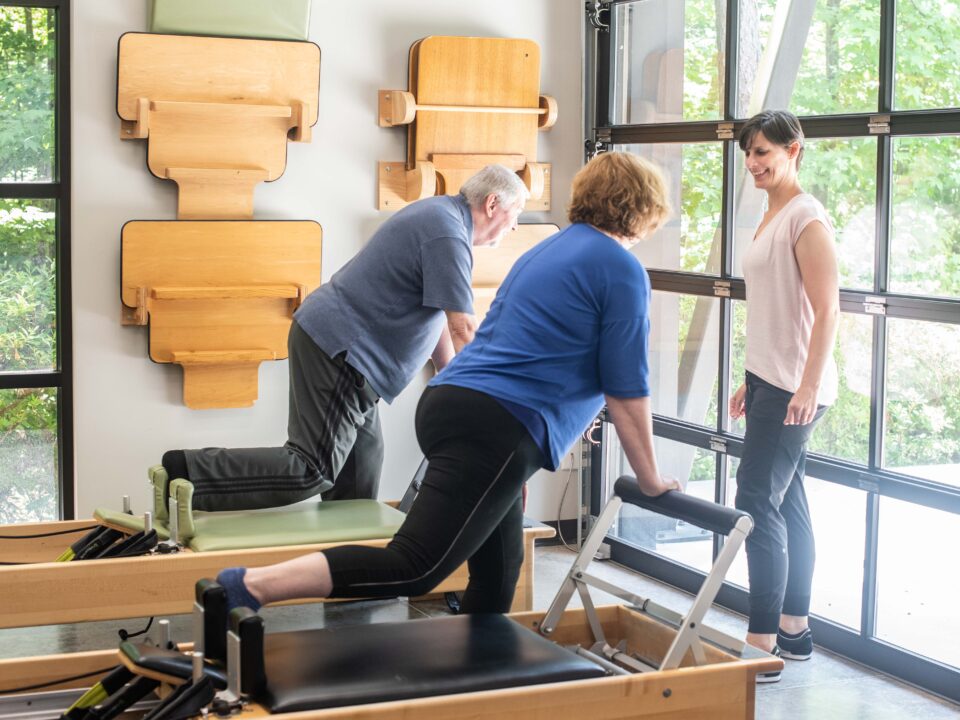- Mon - Fri
7.30 AM – 5.30 PM
Other hours upon request - 770-487-1931
Choosing the Best PT Clinic

Choosing The Best PT Clinic
You know you need Physical Therapy. Maybe it’s because of an injury. Or you just had surgery. Perhaps you are experiencing a more personal problem and have urinary leakage. Or you have vertigo. Maybe you had to have a foot amputated. There are so many reasons why someone may need PT, and then the question comes, “What should I look for in a PT Clinic?”
Here with some answers is Dr. Karyn Staples, PT, Ph.D., an adjunct professor at Emory University who also owns, operates, and is a pilates instructor at ProHealth Physical Therapy and Pilates Studio in Peachtree City.
Therapists and Staff
Staples says if you want to find the best PT clinic you first need to ask is whether your care will be provided by a licensed physical therapist or physical therapist assistant. Some studios use unlicensed rehabilitation techs or physical therapy aids, and you want your care managed by a licensed professional. The primary reason is monetary. Insurance will only pay for services that are provided by a licensed professional. You’ve got to check not only if they are licensed, but also if they are in-network with your insurance.
The second, and the more vital piece is to ask, “How many patients is that therapist responsible for at any one time?” How much time are you really getting if a therapist is responsible for seeing 3 or 4 other patients in the ½ hour they are spending with you? ProHealth’s model of care is to always offer one on one PT appointments. Undivided attention provides for a better care experience and more effective physical therapy. It also means each care plan is unique to each patient at a good PT clinic.
Quality of Care
Some PT clinics only set you up with a program and point you in the direction of their equipment.
Other clinics watch what you are doing and make sure you are doing it correctly. They listen to what you have to say and make adjustments in the plan on the way. This kind of patient-centered care is what ProHealth’s model is built on—making sure to set goals and listen to what you want to achieve from your PT, in addition to correcting your form to get you there.
Dr. Karyn Staples also provides continuing education to her team of PTs and PTAs at ProHealth. “A well-educated therapist who is provided continued learning will give better patient outcomes,” said Dr. Staples.
Physical therapists are required by the state of Georgia, to do 30 hours of continuing education every two years, four of which need to be ethics and jurisprudence. The physical therapist has their graduate degree and then continues learning what they do regularly. Staying in compliance maintains the license, but it also keeps up-to-date information for applying patient-centered care.
Environment
For the physical space, find a clinic that offers both professionalism from the staff, from how you’re greeted to how you’re checked out, and some space confidentiality—so if you need to have a private conversation with a physical therapist, you can. Some specific PT treatment areas are more private, Pelvic Health, for example, where you would want a door that can close. Or maybe even a space where someone with hearing difficulties could focus on their treatment without background noise.
Physical therapy clinics don’t need fancy equipment. You can do a lot with a piece of stretchy band, a table, and a ball. While it doesn’t have to have the fanciest of equipment, Staples is more concerned with how the vibe of the facility works for you. If it looks depressing, it might affect your mood and desire to work on yourself. “ProHealth’s facility was designed for light and a sense of energy. I want people to come in and feel like they want to be there versus they have to be there.”
Besides the licensure of the therapist, the personalized care and professionalism in the space, there are some standard care pieces that physical therapy clinics should have. Besides the obvious hot pack, exercises, and ice pack, a good PT clinic would educate the patient on why specific exercises are being chosen—what are they good for.
Good PT is something that requires teamwork between the patient and the PT or PTA. They need good rapport and communication around patient education. If you feel like you are a part of your own recovery process, you’ll be more engaged and it will all work better.





